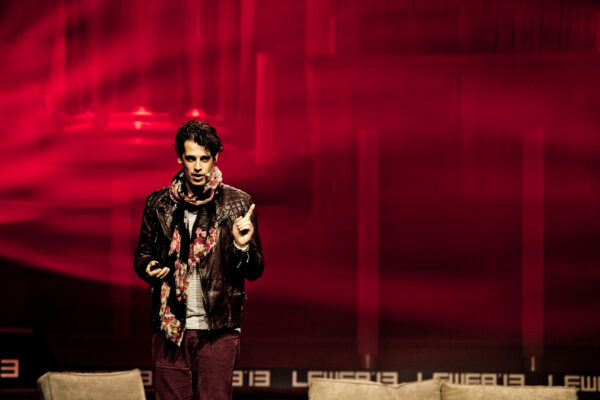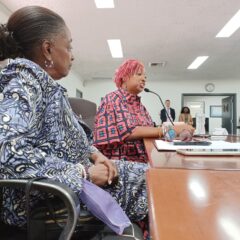Milo Yiannopoulos recently lost his invitation to present at a Conservative Political Action Conference, a book deal, and his writer position at Breitbart News after a remark that seemed to rationalize pedophilia. His downfall suggests that America is still intact, KPCC’s Take Two posited in a discussion with CRCC executive director Brie Loskota.
“The question of Yiannopoulos I think is not a question necessarily of pedophilia, but of how tolerant people can be of things they find abhorrent up until the tidal wave crests. So, I don’t think it was necessarily about the video tape that surfaced, but it was more about the accumulation of things that could not be ignored over time. It was too much,” Loskota said.
Loskota also commented on how society finds a balance in ethics and morals:
“What societies are trying to engage in as they engage issues of morality and ethics is sometimes a sort of mosh pit of ideas coming together and people trying to figure out what we can agree on and what we can’t. The more we incorporate more voices into what our moral baselines are and what our universal values are, the more cohesive, more safe, and more peaceful our society becomes.”
In a political climate of increased polarization, Loskota believes that the most integral part of a more cohesive society is improving how people treat each other.
“If we don’t have a way to interact with each other in a way that is respectful and upholds human dignity and believes that you are a dignified human being regardless of your citizenship status, regardless of whether you are an American or not an American – if we don’t have that, then we don’t have much to organize around. At the end of the day, nations are collections of ideals, but they are also collections of people. The “people” part of this really does matter and it matters how we treat each other.”
Click here to listen to the full episode.
Photo credit: Official Leweb Photos/Flickr








